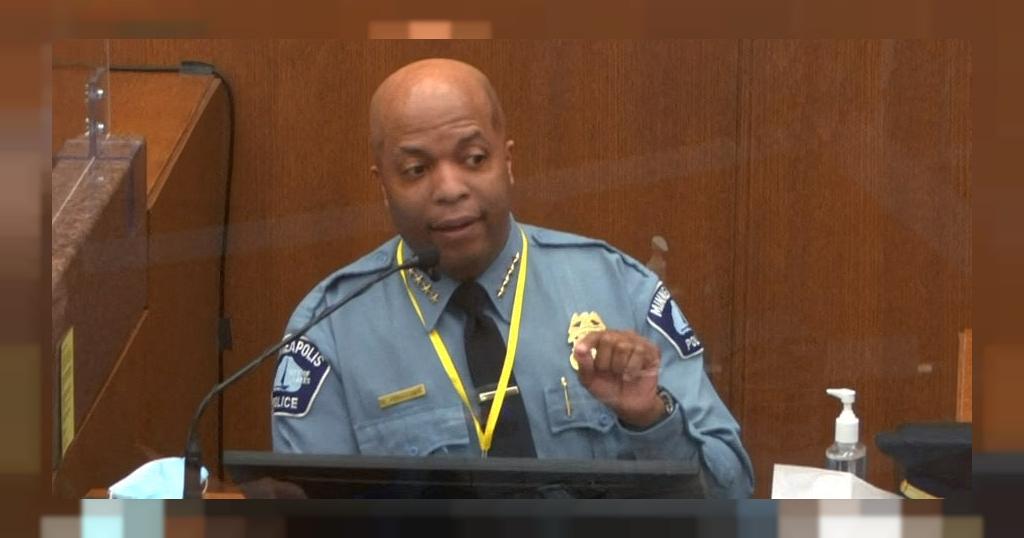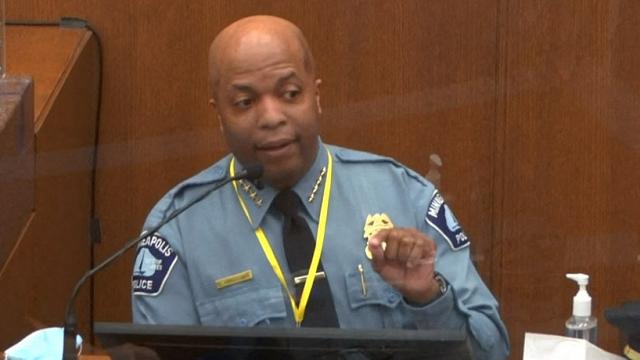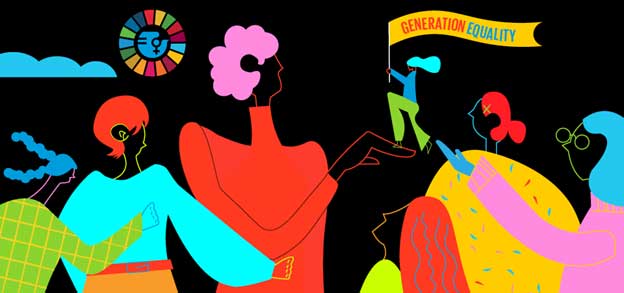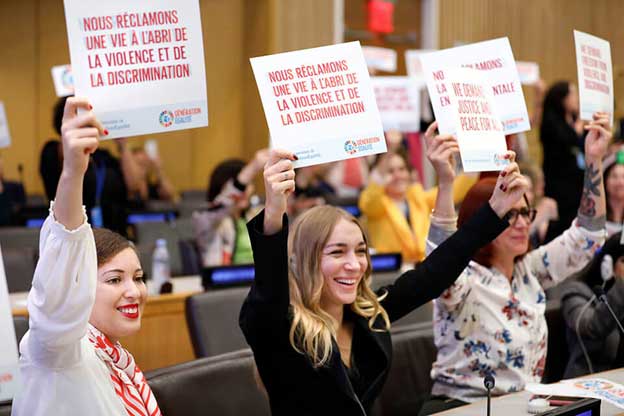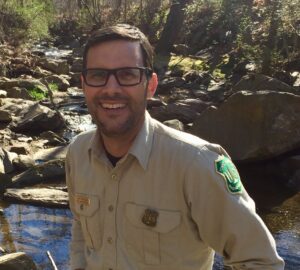
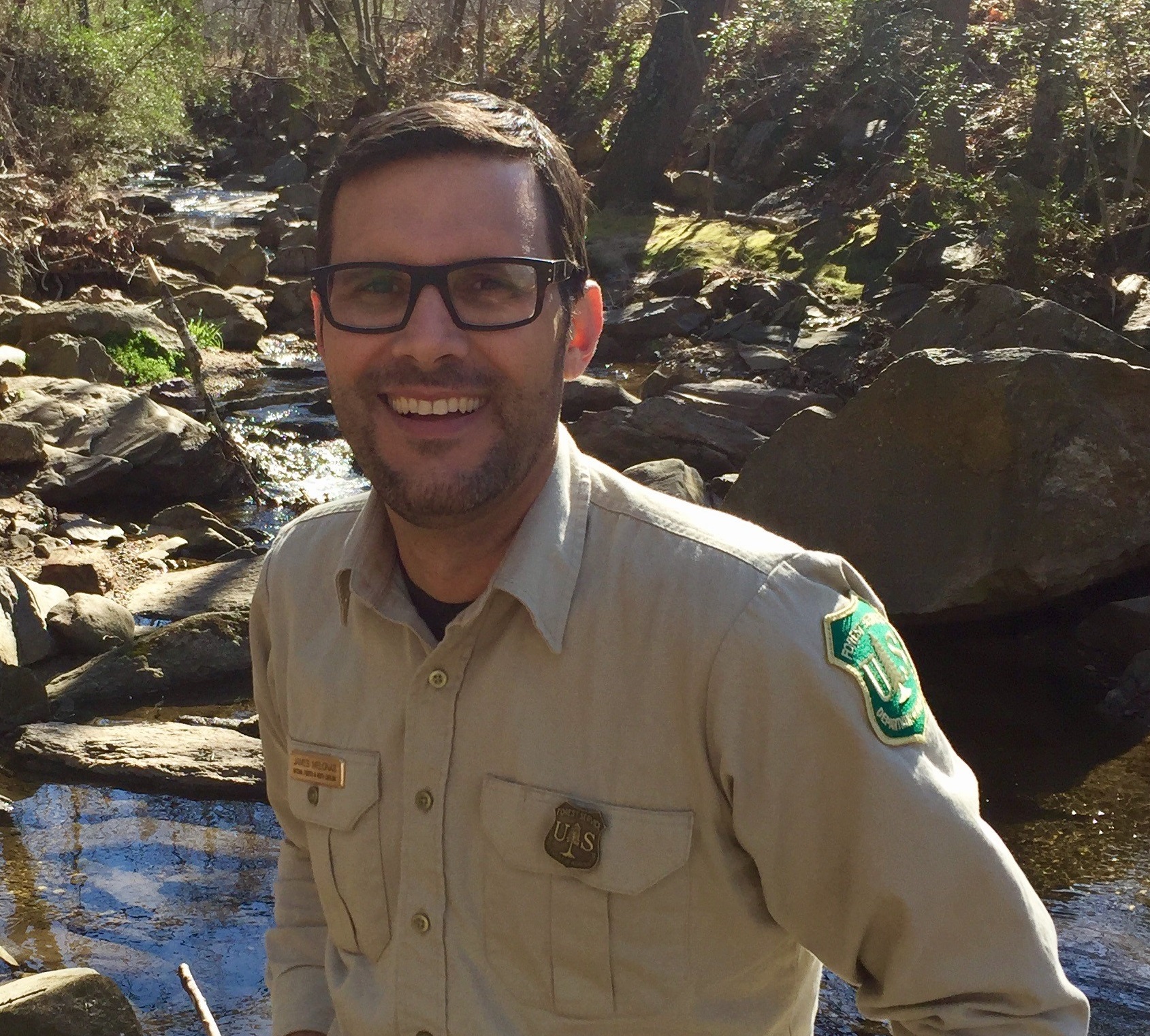
James Melonas thinks the state’s national forests are a reflection of the communities across North Carolina.
“The challenges we face in the national forest are societal. These aren’t just Forest Service issues. They are issues facing all of our communities and everyone living in North Carolina,” said Melonas, the new forest supervisor for the state’s four national forests.
The U.S. Forest Service selected the 44-year-old Melonas last fall to replace retiring supervisor Allen Nicholas.
As supervisor, he manages a $24 million budget, 213 employees across the state and the protection of more than 1.2 million acres of forestland.
Melonas’ arrival at the state headquarters in Asheville is at a pivotal moment for North Carolina’s two largest national forests: Pisgah and Nantahala. Later this year, Melonas will finalize the land management plan that will guide the future of 1 million acres of federal forest in the mountains.
He’ll also oversee the coastal Croatan National Forest and central Uwharrie National Forest.
Setting priorities
In an interview with Carolina Public Press, Melonas said he will focus on building relationships with users and address development pressure, recreational demands, forest restoration and the impact of climate change.
Strains from a growing population and the bulging volume of forest users are among his biggest concerns. In 2020, over 7 million people visited the state’s national forests, making them among the most popular in the nation.
Before taking the helm in North Carolina, Melonas was the deputy supervisor in North Carolina before his promotion in 2017 to forest supervisor of Santa Fe National Forest in New Mexico.
He led the work on 1.6 million acres of public land that experienced extreme drought conditions during his tenure.
Although New Mexico and North Carolina have vastly different landscapes, national forests nationwide face similar issues, including tighter budgets, less personnel and the existential threat of climate change.
“I think of climate change as a stressor on everything we do,” Melonas said. “We have such a large portfolio and have always been limited in what we would like to do and what we have the capacity to do.”
His strategy is “being intentional about how we set priorities, not just internally, but that they are shared priorities,” he said.
Before serving in New Mexico, Melonas worked closely with national forest stakeholders in the early stages of the Nantahala-Pisgah forest planning process, which began in 2012.
According to Lang Hornthal of EcoForesters, an Asheville-based nonprofit organization, Melonas had a significant impact on the plan.
“Anyone that has worked with James before would want to work with him again,” said Hornthal, who is a member of the leadership team of the Nantahala-Pisgah Forest Partnership, a collaborative group of public and private organizations that formed to support the development of the plan.
“From my seat at the table, he appreciates the enormous amount of work that was put into this process by our members and what it means that we have stuck together.”
Melonas said his appreciation of communities that rely on public lands was formed as a Peace Corps volunteer in Malawi, a small landlocked nation in southeastern Africa, where he worked at a national park.
His focus as a volunteer was on communities that bordered the park. Among the issues were herds of hippos and elephants damaging cropland.
The takeaway from the experience, he said, is the deep connection of people to the land.
“It looks different, obviously, in different places, but that’s the common denominator. The interplay between the people and the land is inextricable.”
In New Mexico, Melonas formed close relationships with Native American tribes and pueblos living near Santa Fe National Forest.
He intends to do the same in North Carolina and strengthen connections with the Eastern Band of Cherokee Indians and other tribes that have cultural sites within national forest boundaries.
He is also encouraging more engagement with communities left out of the development of forest service projects, such as Black Americans who live near public lands throughout the state.
“We need to get ownership in a local community so [future] projects are seen as community projects,” he said. “We can be more thoughtful when we are designing projects and engaging those communities.”
Forest plans
Among his priorities as supervisor is finalizing the Proposed Forest Plan and Draft Environmental Impact Statement for the Pisgah and Nantahala National Forests, which was released in February 2020.
A final management plan will be signed by Melonas later this year.
“I’m feeling really good about where we are. Even though it’s been a long process and challenging, everyone agrees that the partnerships and relationships we’ve formed over this time have been really important,” he said.
Nevertheless, he’s pragmatic about what the plan can accomplish on its own.
“If we had a hundred years, we could keep refining some of these things [in the plan]. Ultimately, we have to be realistic of what we can ask of the plan,” he said. “There are just things that are too complex, either ecologically or socially, for the plan to address. There is just no one answer.”
Instead, the management plan will create a framework to foster a more productive conversation about issues in the forest, particularly in areas where groups and individuals tend to disagree, such as land protection or timber harvesting.
Melonas will also oversee issues facing the state’s two smaller national forests: Croatan and Uwharrie.
Currently, he said, the Forest Service is still coordinating rebuilding the areas of Croatan National Forest that suffered an estimated $17 million in damage from Hurricane Florence in 2018.
Much of the harm was to roads, which were impassable due to fallen trees and culverts blown out by rushing water.
“As we look at recovery, we’re mindful of the fact we’re going to experience more intense storms in the forest,” he said.
In both forests, he’ll oversee widespread restoration projects to replace loblolly pine with native plant communities, such as longleaf pine habitat, to restore forestland that is more resilient to climate change.
And statewide, a central task is balancing the needs of more users in a rapidly developing state where increasing demand is putting pressure on recreational resources.
“One of the things that hit me coming back to North Carolina was the amount of development that occurred in the last four years,” he said.
His job, as he sees it, is to rise to that challenge and anticipate future issues around sustainable recreation, development and climate change.
“Everyone in North Carolina benefits from public lands and forests,” he said.


